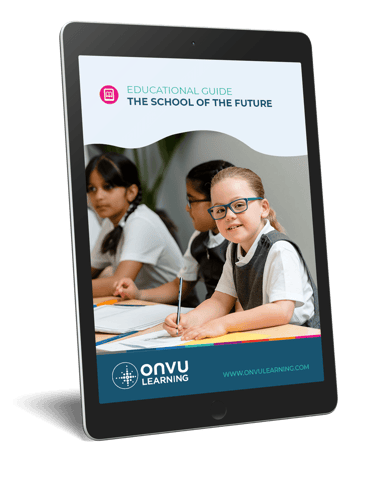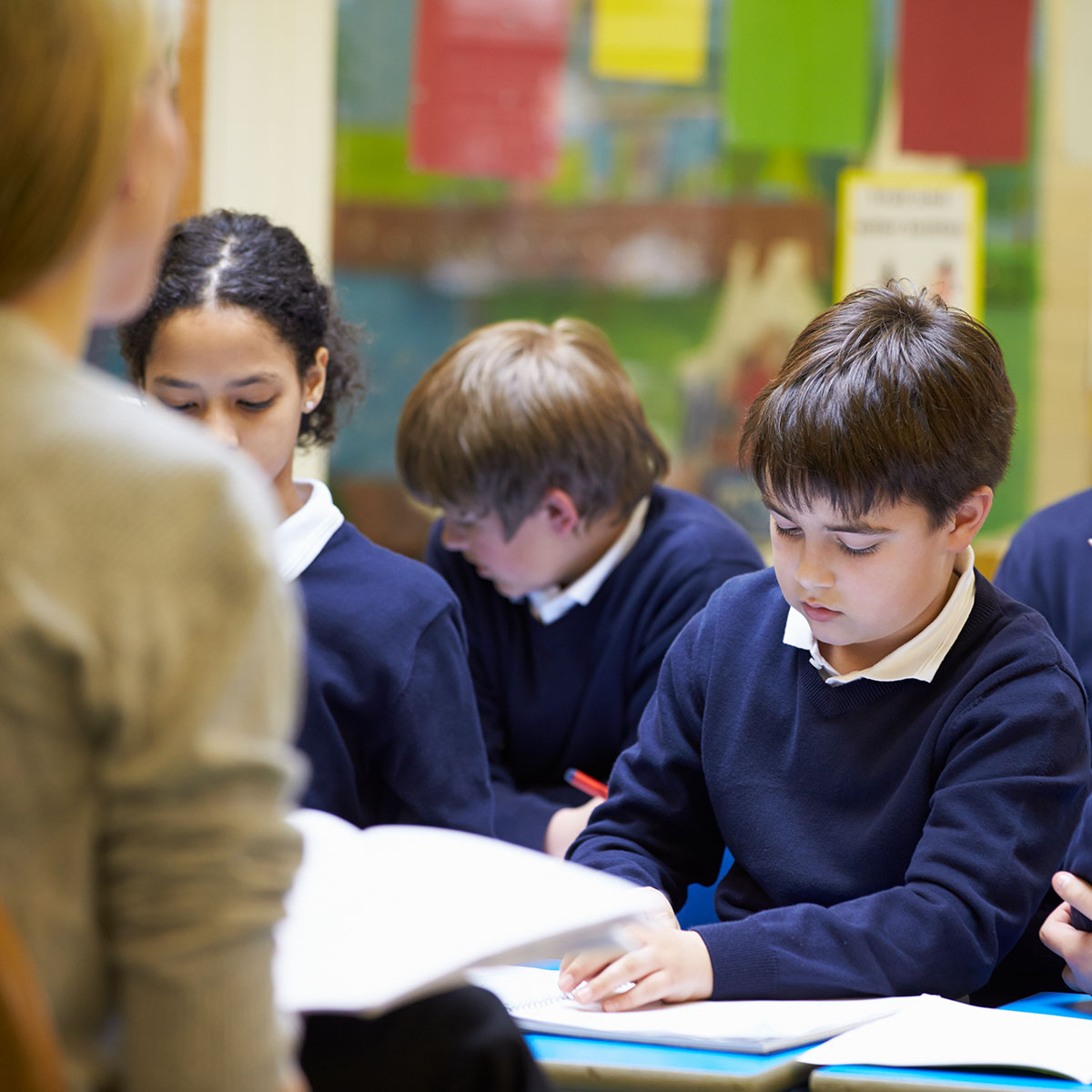- Lesson Observation Blogs
- 3 Minute Read



This article is the fifth in the series. Once you’ve started a lesson observation programme, how can you ensure that there’s continuous improvement and progression?
Over the last months, we’ve been sharing our research, experience and thoughts on how best practice in lesson observation can drive a school forward, change the culture and improve teaching and learning.
Our articles will cover the following topics…
To receive the whole series, make sure you sign up to our newsletter here – and follow us on social media.
—–
An observation programme will tend to lose momentum at the end of the first cycle of observations. Performance management objectives may have been achieved and teachers may see this as time to ‘catch up’ with their other tasks. However, NFER research from 2018 is clear that ‘high quality professional development requires sustained programmes of different types of support and training’[1]. One of the first people to take part in an ONVU Learning coaching programme reflected ‘I think we see teaching improve by around 1% each time we’re observed’.
While other staff may be aware of the programme, now is a good time to get them actually involved. You can choose to involve them in your first ongoing programme or to help them set up as a group in a different subject group or phase, perhaps meeting from time to time to share findings.
A new viewpoint can often help teachers see further ways to improve. This may be the time to bring in an external coach – either to help with subject knowledge or with teaching pedagogy. ONVU Learning’s Teacher Development Lead Dr Sean Warren has worked with many schools and identifies building trust as an important part of the process, adding, ‘the teacher needs to be convinced and assured that the external coach will keep the conversation confidential unless there’s an issue of safety. Once this has been done the coach and teacher can develop a professional dialogue of noticing, questioning and inquiry.’
The Sutton Trust report ‘Developing Teachers’[2] highlights Seven Kings High School, Ilford, Essex, where every teacher is trained to be a coach, and Herbert Thompson Primary School in Cardiff where teachers work in triplets to develop both observation and coaching skills at the same time. As well as improving teaching and learning, creating coaches a school will help prepare for the imminent introduction of the Early Career Framework[3] which will require schools to offer more support to teachers at the early stages of their career.
As an observation programme develops, it can help to look back from time to time at how your lessons have changed. You could look back at the notes you made in lesson observation or review footage if you have captured the lesson on video.
Your school may have existing opportunities to share your observation programme – through INSET sessions, a teaching and learning group or through a internal research journal. Or you could present your programme to senior leaders or governors in order to gather support for further development.
You may be able to learn more about lesson observation and ideas for progression by joining with other teachers across a trust, a local authority or a subject group. ‘Developing Teachers’[4] tells the story of how the Academy of Singapore Teachers supports a network of 70 lead Physics teachers across 170 schools
There are many opportunities to tell your school’s observation and coaching experience with other schools. Examples include researchED events, Teaching Rocks, Connect at the Chartered College of Teaching, or a local or subject-specific TeachMeet (find some here). As well as informing and helping other schools and teachers, you can develop links with other teacher-researchers and develop your own career!
We hope these tips can help you prepare for a lesson observation, get good progression and achieve the most positive experience from it, as we understand that traditional observation methods can be nerve wrecking for even the most seasoned of teachers. If you are tired of such traditional methods then explore what ONVU Learning has been working on – an innovative and forward-thinking way to help teachers self-reflect on their lessons and improve their practice – it’s called Lessonvu.
[1] Early Career CPD Research: Matt Walker, Suzanne Straw, Jack Worth and Hilary Grayson – National Foundation for Educational Research for the DfE, 2018
[2] https://www.suttontrust.com/wp-content/uploads/2015/01/Developing-Teachers-1.pdf
[3] https://edexec.co.uk/early-career-framework-hailed-but-success-will-require-funding/
[4] https://www.suttontrust.com/wp-content/uploads/2015/01/Developing-Teachers-1.pdf

The School of the Future Guide is aimed at helping school leaders and teachers make informed choices when designing the learning environments of the future using existing and upcoming technologies, as they seek to prepare children for the rest of the 21st century – the result is a more efficient and competitive school.
KEEP IN TOUCH WITH ONVU LEARNING AND RECEIVE THE LATEST NEWS ON EDTECH, LESSON OBSERVATION, AND TEACHER TRAINING AND DEVELOPMENT.